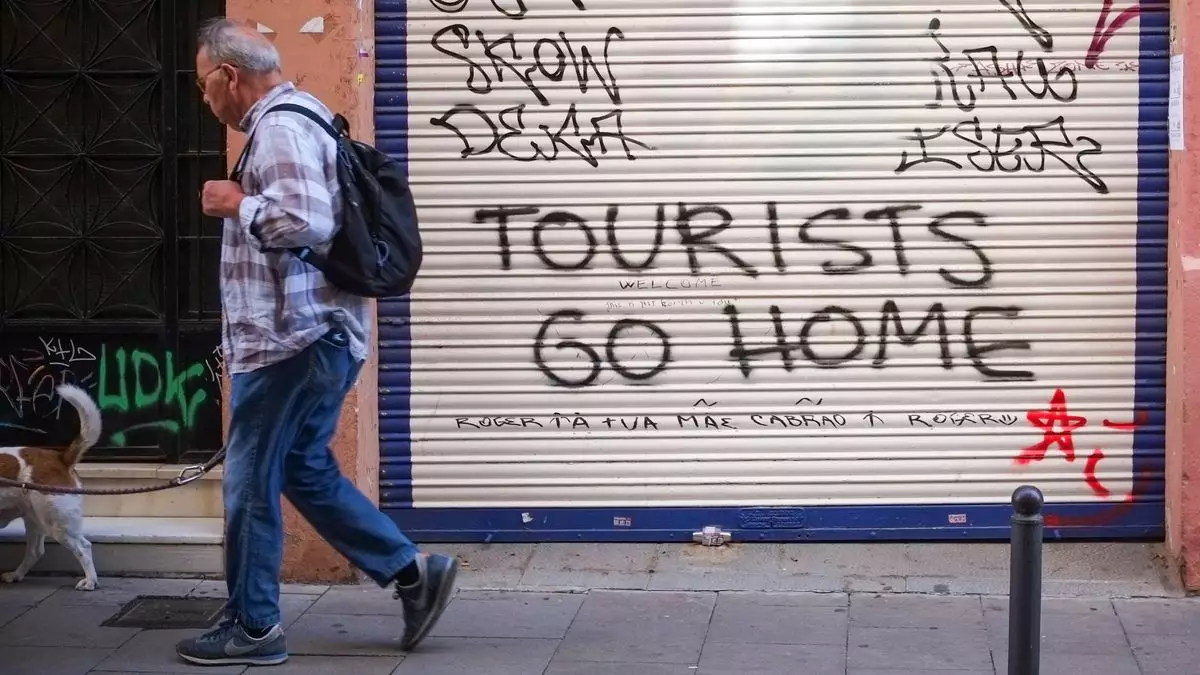In popular tourist destinations such as Barcelona and Maui, there has been a surge in anti-tourism sentiment that is leading to a new wave of legislation targeting short-term vacation rentals. This phenomenon is not new, but recently, there seems to be a growing momentum behind these crackdowns. According to Daniel Guttentag, an associate professor at the College of Charleston and director of the school’s Office of Tourism Analysis, more cities are starting to regulate short-term rentals more aggressively and effectively.
On the Frontlines: Barcelona and Maui
Barcelona recently announced plans to ban short-term apartment rentals by the end of 2028, potentially affecting over 10,000 apartments. In Maui, the Maui Planning Commission voted in favor of a proposal that could eliminate over 7,000 of the island’s 13,600 short-term rentals. This ordinance would focus on phasing out short-term rentals in specific districts. The overarching goal of these regulations in both Barcelona and Maui is to boost housing affordability and supply by converting short-term rentals into long-term housing inventory.
While the move to regulate short-term rentals may provide a more immediate solution to housing issues compared to long-term strategies, experts like Guttentag and List are cautious about viewing these restrictions as a silver bullet for housing affordability challenges. Guttentag acknowledges that Airbnb can have a negative impact on housing costs but points out that the effects are relatively small. Similarly, List highlights that while short-term rental bans may impact housing affordability, the extent to which they are effective varies greatly by destination.
New York recently implemented stricter enforcement of its short-term rental restrictions, including mandatory host registration. However, Airbnb has been critical of the city’s approach, arguing that it has not achieved its intended goals. Jay Carney, Airbnb’s head of global policy and communications, noted that hotel rates in New York have risen, and there has been no change in inventory for long-term leases or sales. While Airbnb supports balanced regulation, Guttentag predicts that more locations will follow suit with regulations similar to those in New York and Barcelona.
Looking ahead, the future of short-term vacation rentals remains uncertain. While regulations may help alleviate some housing affordability challenges, they are unlikely to be a comprehensive solution. As Guttentag aptly states, addressing housing issues is a complex and multifaceted problem that cannot be solved solely through short-term rental restrictions. The key lies in striking a balance between regulating the short-term rental market and ensuring that hosts can continue to thrive economically while benefiting local communities.

